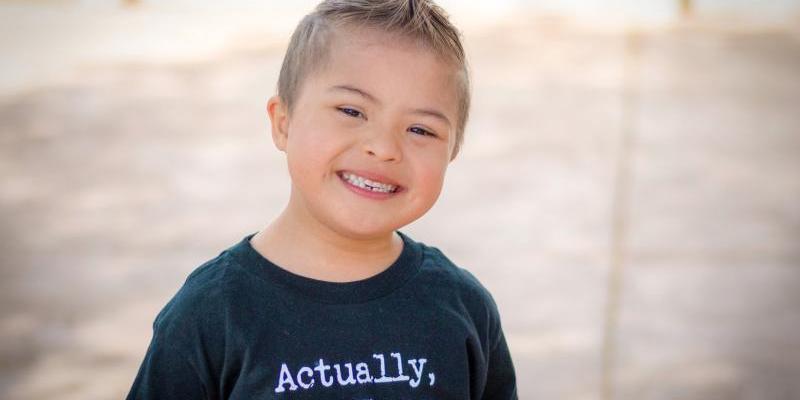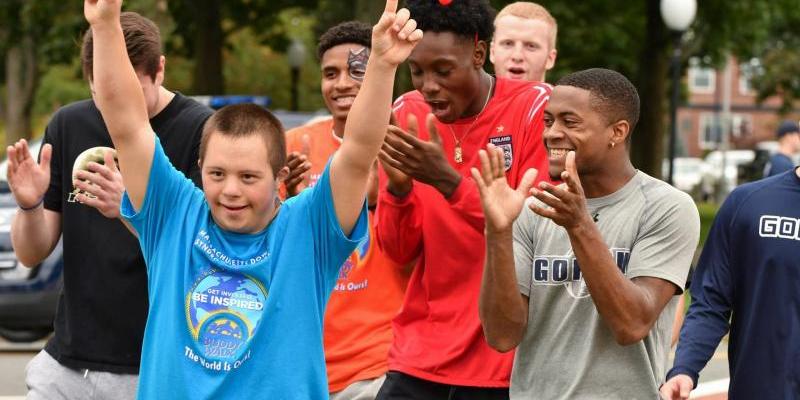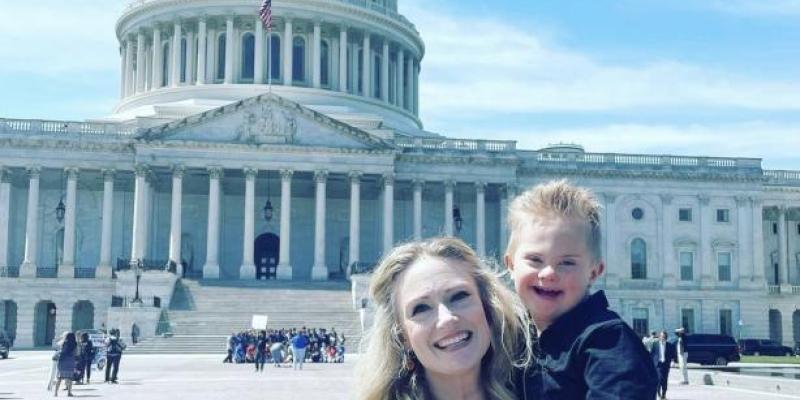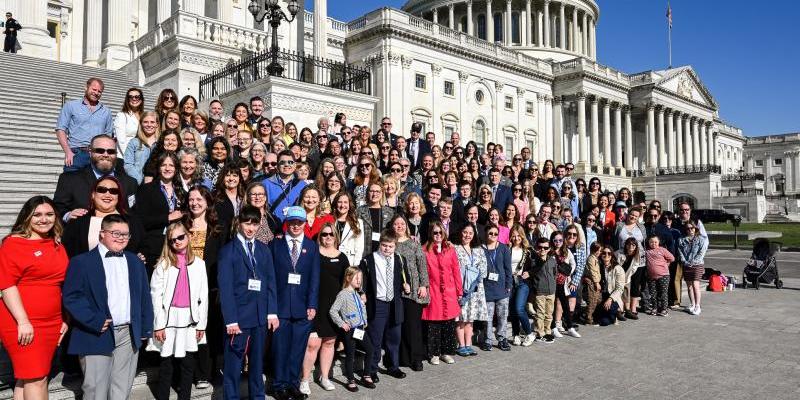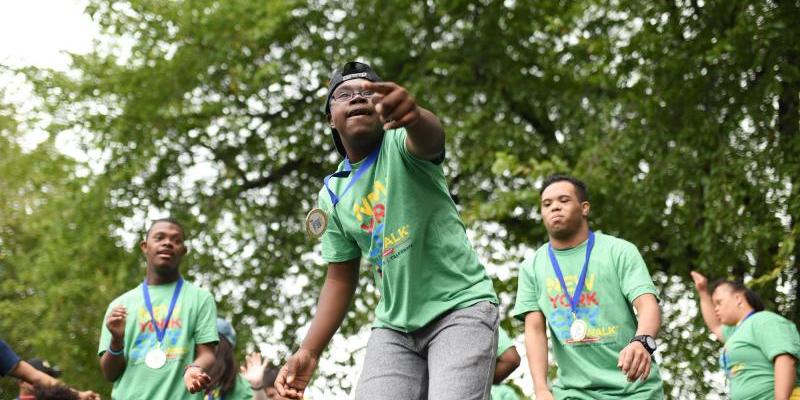FOR IMMEDIATE RELEASE
NDSS MEDIA CONTACT:
Michelle Sagan
202-848-5409
Lawmakers Introduce Federal Legislation To Prevent Organ Transplant Discrimination
Washington, D.C. (December 17, 2020) - The National Down Syndrome Society (NDSS), the leading human rights organization for all individuals with Down syndrome, applauds the introduction of the Charlotte Woodward Organ Transplant Discrimination Prevention Act to uphold the rights of qualified organ transplant candidates who have a disability.
Introduced by Congresswoman Jaime Herrera Beutler (R-WA) and Katie Porter (D-CA), the Charlotte Woodward Organ Transplant Discrimination Prevention Act prohibits discrimination against individuals based on their disability when seeking an organ transplant. This legislation would uphold and enforce rights established in the Americans with Disabilities Act of 1990.
“Despite federal protections, people with physical and intellectual disabilities are barred from receiving a life-saving organ in many states. This discrimination is a violation of their basic human rights," said NDSS Director of Government Relations Ashley Helsing. “Passage of the Charlotte Woodward Organ Transplant Discrimination Prevention Act will save countless lives of people in dire need of transplants.”
If passed, the Charlotte Woodward Organ Transplant Discrimination Prevention Act will ensure that a person’s capacity to comply with post-transplant treatment requirements is not a significant reason to deny them a transplant procedure. Furthermore, this bill requires that health care providers make policies, practices and procedures accessible to qualified recipients with disabilities.
The bill is named for Charlotte Woodward, an advocate with Down syndrome and member of the NDSS staff who received a life-saving heart transplant nearly nine years ago. Since then, she has advocated tirelessly to ensure others with Down syndrome and other disabilities have the same access to transplants.
“As one of the very few people in the world with Down syndrome who has had the opportunity to receive a life-saving heart transplant, I am so very, very grateful that people with disabilities will have the same opportunity as I in the future,” said Charlotte Woodward, for whom the bill is named. “In the past, too many precious lives were lost due to discrimination in organ transplantation. I am so very, very thankful for the generosity of my heart donor and that of her loving family. Her gift has allowed me to live my life to the fullest and to go on to advocate for others to be able to do the same. The passage of this bill will be a monumental step towards a more just world, and I am proud to play a part in it.”
“There are misconceptions that people with disabilities can’t manage the treatment needed after an organ transplant or wouldn’t benefit from such an operation – and those claims are simply not true,” Herrera Beutler said. “Charlotte Woodward is a wonderful woman with Down syndrome who is also the namesake for this legislative solution. Charlotte has been sharing her experience of successfully receiving and managing a heart transplant in order to put an end to this discrimination and help more people receive the life-saving gift of organ donation. I’m proud to introduce legislation with my colleague, Rep. Katie Porter, to ensure that people with disabilities aren’t turned away when they’re in need of life-saving organ transplant.”
State-level legislation enforcing non-discrimination policies for organ transplants has been passed in thirteen states, including California, New Jersey, Maryland, Massachusetts, Oregon, Delaware, Kansas, Ohio, Louisiana, Indiana, Virginia, Iowa and Missouri. This federal legislation would reinforce rights protected under the Americans with Disabilities Act and end-organ transplant discrimination across the country.
NDSS has resources available to assist those willing to support non-discrimination in organ transplantation for people with disabilities. For more information, please visit https://dev-temp-ndss2.pantheonsite.io/advocate/ndss-legislative-agenda/healthcare-research/nondiscrimination-in-organ-transplantation-laws-toolkit/.
###
About NDSS:
The National Down Syndrome Society (NDSS) is the leading human rights organization for all individuals with Down syndrome. NDSS envisions a world in which all people with Down syndrome have the opportunity to enhance their quality of life, realize their life aspirations and become valued members of welcoming communities. Founded in 1979, NDSS supports and advocates for the Down syndrome community by focusing on three key areas of programming: Resources & Support, Policy & Advocacy and Community Engagement. Within these focus areas NDSS engages in various activities, events and programs such as the National Advocacy & Policy Center, which seeks to create systemic change through engaged advocacy; the National Buddy Walk® Program, which honors and celebrates individuals with Down syndrome in local communities across the world, and other initiatives that provide support, informational resources and community engagement opportunities for individuals with Down syndrome and those who support them. Visit www.ndss.org for more information about NDSS.


